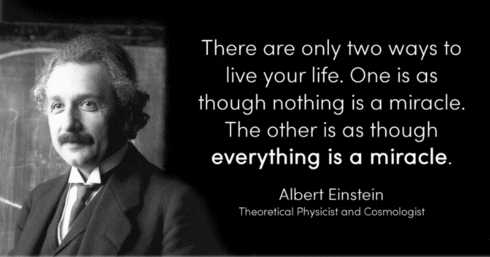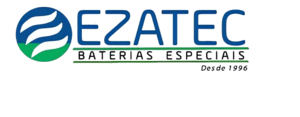Robust Control of a Grid Connected 3 Phase 2 Level Photo
Voltaic Inverter and Development of an Inverter Operating
SW Using Test Driven Development Approach
Ahn, Kyung Pil
(Supervisor Lee, Young Il)
Dept. of Control and Instrumentation Eng.
Graduate School of Industry and Engineering
Seoul National University of Science and Technology
This study discusses robust control of grid connected three-phase two-level photo voltaic inverter where LC filter is used and its reliable implementation method for the system.
The suggested control method uses the cascaded strategy in which inner-loop controller for the ac current control and outer-loop controller for the dc-link voltage are used. In the inner-loop ac current controller, it is important to maximize convergence rate and keep the stability at the same time. So the optimal controller design method based on the LMI (Linear Matrix Inequality) is used with the integration action. Though this method, it can achieve high performance in term of tracking the reference as well as eliminate the offset-error. More over it guarantees system stability even when there are parameter mismatch by considering the parameter uncertainty set. In the outer-loop dc-link controller the PI controller is used with the dc-ac current linearization. So it can have concurrent performance though overall inverter operating condition.
On the other hand, the high power product such as three-phase photo voltaic inverter is in the mission-critical area due to its riskness of an accident. More over the photo voltaic inverter system become more an more complex with increasing requirement of functions in the grid connection rule for each country. With these trend it is difficult to keep the system integrity. This study shows the cases how the inverter operating SW can be builded using Test Driven Development (TDD) approach.
LINK
http://www.mediafire.com/view/bd7kt3oq2d6n34g/CONTROL_INVERTER_PHOTOVOLTAIC.pdf






.gif)



